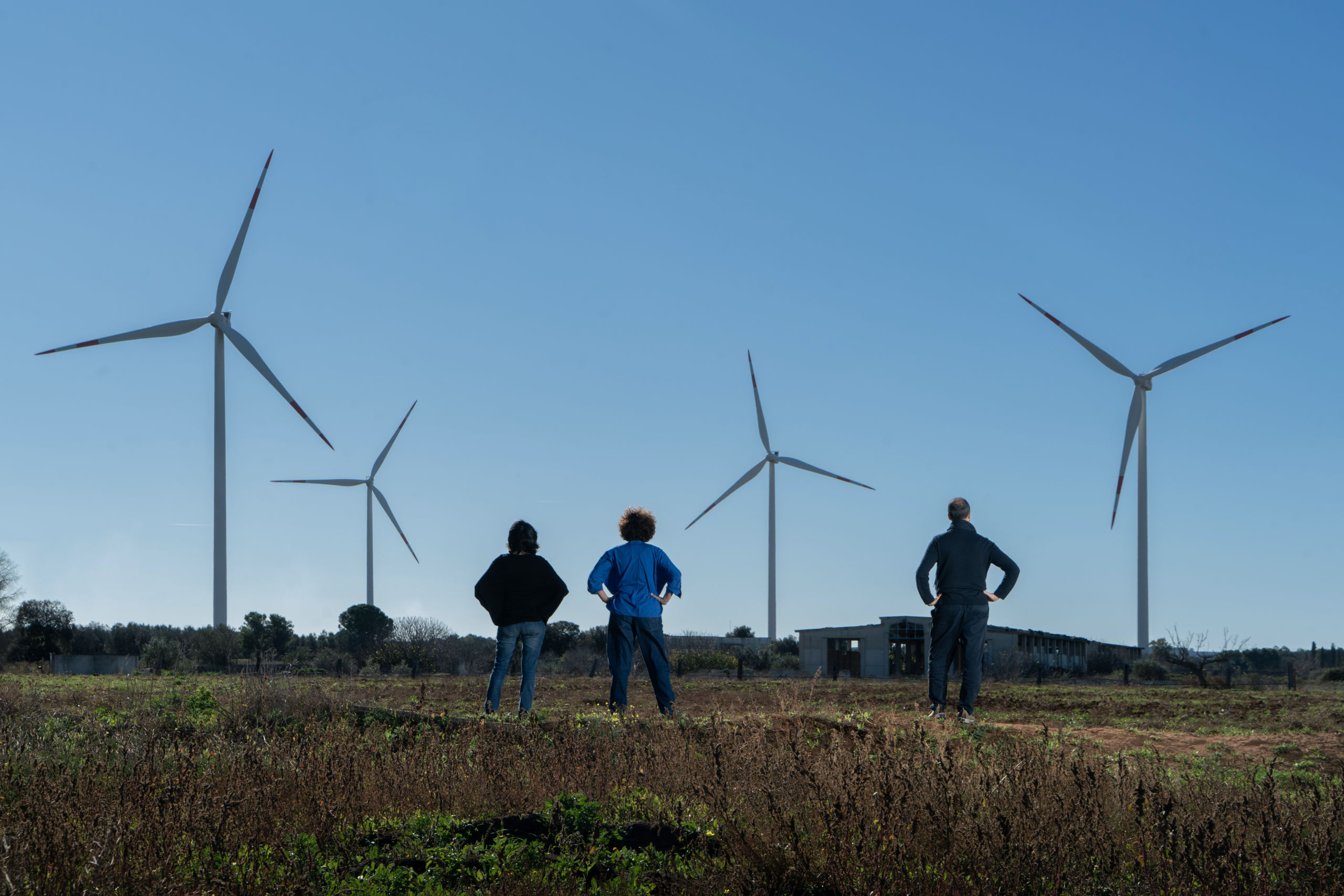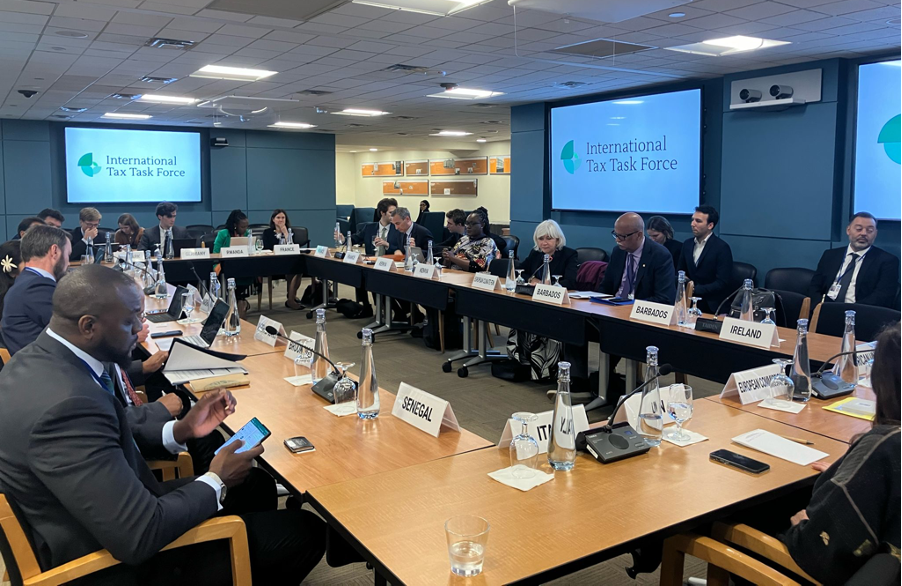Ali Mohamed, Climate Change Envoy for Kenya and Sherpa to the task force, said: “The task force is keen to find practical solutions that raise much needed financing to tackle climate change while having minimal impact on ordinary people. The goal is to develop innovative sources of financing that can be implemented by any country that wants to make a difference.
Aurelien Lechevallier, Director General for Globalization at the French Ministry for European and Foreign Affairs and Sherpa to the task force, said: “The need for substantial, sustainable financial resources for countries to tackle climate change has never been more urgent. As a coalition of nations seeking ways to ensure we can meet our climate and development commitments now and into the future, the task force will collaborate to build political will among all governments and bring equitable, evidenced and workable solutions to COP30.”
Dr. Arnold McIntyre, Principal Technical Advisor for the Government of Barbados and Sherpa to the task force, said: “The new levies that we will be exploring in the task force can be a powerful lever that, alongside traditional financing from governments, international financial institutions and the private sector, will unlock the necessary resources for climate adaptation and mitigation. Together we will be developing equitable proposals to apply levies targeting the most polluting sectors and individuals, with the aim of supporting the most climate vulnerable people and countries who have contributed least to rising global greenhouse gas emissions. We look forward to meeting our fellow Heads of State and Government of the Global Solidarity Levies Task Force in the margins of the UN General Assembly to take stock of our collective progress.”
In addition, the task force will consider design options for each levy by taking a stocktake of existing levies already implemented in countries and conducting a literature review. This is ahead of launching impact studies in the summer to consider each levy’s potential based on the following criteria:
- revenue collection and distribution;
- national and international equity;
- economic and environmental impact;
- potential scale;
- political feasibility.
The findings of these studies will include feasible and sensible options for international climate levies that can easily be implemented. The first stocktake of this research will come in autumn 2024.
Each levy avenue under consideration could raise between $4 billion and $1 trillion annually for climate mitigation and adaptation through tactical interventions on major polluting sectors and individuals, according to some estimates. The levies under consideration may include levies on fossil fuels, financial transactions, private air passengers, windfall fossil fuel profits, maritime fuel and a fossil fuel subsidy phase out. The potential revenue for each levy will be worked out in a rigorous research, analysis and consultation phase, through the impact studies.
Learn more about the task force and get future updates here.




